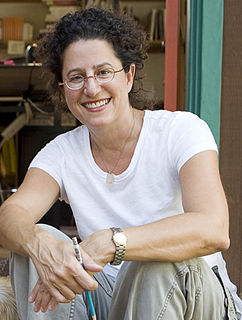A Quote by Austin Clarke
When I first discovered for myself the Celtic Twilight and read the earlier poems of Yeats and others, all was entirely incomprehensible to me. I groped through a mist of blurred meanings, stumbled through lines in which every accent seemed to be in the wrong place.
Related Quotes
I can't complain that I've had a public all through my writing life, but people don't quite know what I've written. People don't read you too closely. Perhaps, after I've died, they'll look at my stuff, and read it through, and find there's more in it. That may be wrong, but that's what I comfort myself with.
If I'm still wistful about On the Road, I look on the rest of the Kerouac oeuvre--the poems, the poems!--in horror. Read Satori in Paris lately? But if I had never read Jack Kerouac's horrendous poems, I never would have had the guts to write horrendous poems myself. I never would have signed up for Mrs. Safford's poetry class the spring of junior year, which led me to poetry readings, which introduced me to bad red wine, and after that it's all just one big blurry condemned path to journalism and San Francisco.
The worship of the nation has been able to make men tolerate under its authority what they could never have tolerated from princes: a submission to rule, which, through sumptuary laws on food and drink, through conscription, through a cast-iron system of compulsory instruction for all on State ordered lines, and through a State examination at the gate of every profession, has almost killed the citizen's power to react upon that which controls him, and has almost destroyed that variety which is the mark of life.
When I personally feel like I belong to the world, it is because I am with people I love in places I love. So I decided that would be my solution. I set All the World in a place I love - the central coast region of Southern California - and populated it with people and things that I love. I stopped worrying that I wasn't representing every place, every person, every possible experience. And I hoped that through this personal expression of mine, others would find their own personal meanings as well.






































